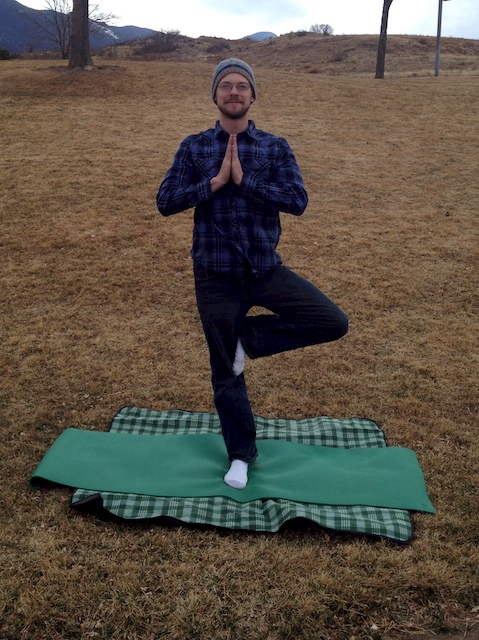If some of you are reading this and scratching your head as to where the heck do I get off saying that practicing good posture isn’t important, hear me out first. Naturally having good posture is a sign of a healthy functional brain and body. Posture is supposed to be a subconscious product of good proprioception (meaning your brain knows where your joints are in space), balance, coordination, and muscular function. Poor posture is a symptom of one or all of these areas being weak. Thinking that we can change our posture by consciously moving our body into the position we think it should be in totally misses the underlying problem.
Since having perfect posture is a sign of perfect balance and coordination, if we want to have good posture (and all of us should strive for that goal) then we have to start at the source.
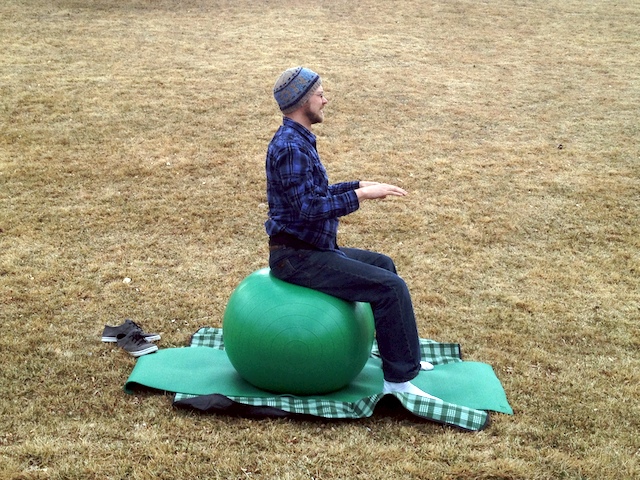
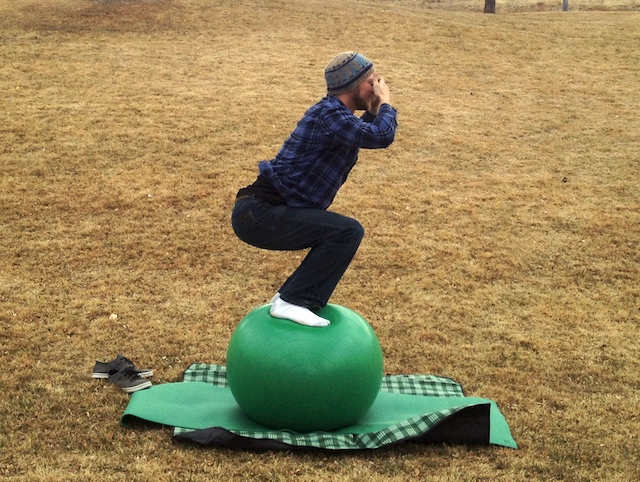 1. Work on your balance. Please refer to my previous blog post about balance, but to sum it up; Balance is the foundation under the neurological function of coordination. If you want the coordination of good posture then balance must be practiced and maintained. Just so you know that I am practicing what I preach; nearly every day I stand on a fit-ball and do slow steady squats. I am currently working on the ability to stand and squat on the ball with my eyes closed. I also practice on a wobble board with my eyes closed and when I sit to write these blogs it is on a fit-ball.
1. Work on your balance. Please refer to my previous blog post about balance, but to sum it up; Balance is the foundation under the neurological function of coordination. If you want the coordination of good posture then balance must be practiced and maintained. Just so you know that I am practicing what I preach; nearly every day I stand on a fit-ball and do slow steady squats. I am currently working on the ability to stand and squat on the ball with my eyes closed. I also practice on a wobble board with my eyes closed and when I sit to write these blogs it is on a fit-ball.
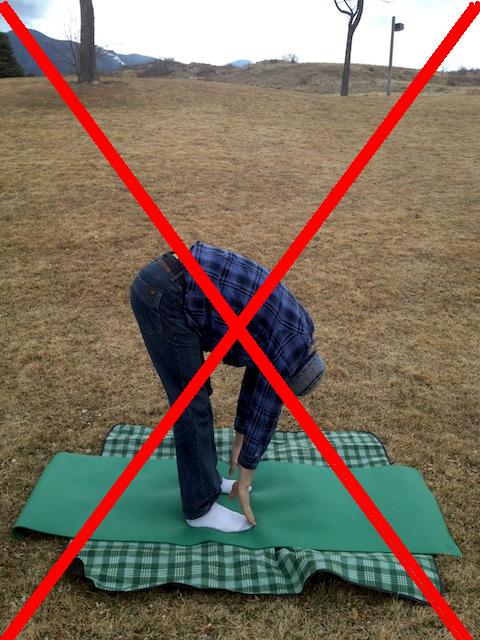
2. Stretch, but think first! Stretching is good only if the muscles you are stretching need to be elongated. For instance, if your job requires you to sit all day then stretching your back, buttocks, top of your hips, back of your neck and shoulders is counter productive. They get stretched all day long!
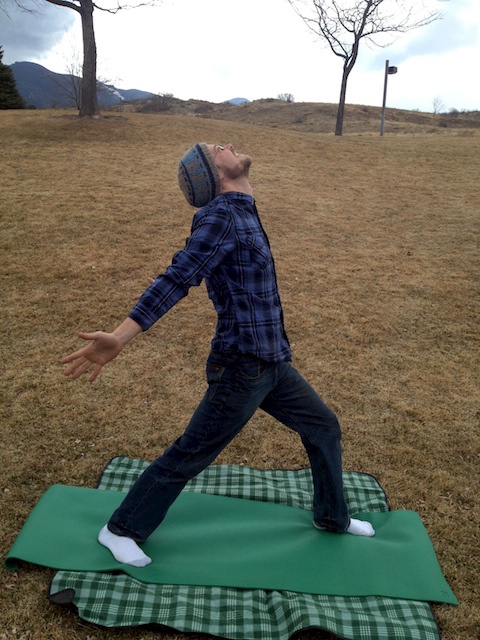
Instead, think about the muscles that are shortened by sitting with your arms in front of you like the front of your hips, your chest, your stomach, the front of your neck, the back of your knees. These are the muscles that need to be reminded to lengthen while the opposite muscles that need to be compress and shorten.
3. Relax and do it regularly. Get a massage, meditate, or join a yoga class. Remember, every muscle has an opposite in the body. When one moves its opponent must relax in cooperation. Relaxation is the key to efficient effective movement as well as strength and flexibility. If you are fighting your opposing muscles plus gravity then you will not be able to maintain good posture. Relaxation is a practice and unless we do it regularly we can’t expect to do it well.
4. Practice good breathing techniques. Take slow deep breaths all the way down to your belly button. Short shallow breathing is a contributing factor not only to poor posture but also to neck pain, shoulder pain, memory loss, and anxiety.
5. Get lots of rest, exercise, water, and sunshine. Without these, depression is sure to follow. Anyone can spot a depressed person by their posture: shoulders forward, head down, slouching. Never underestimate the effect emotions have on our body. Set yourself up for emotional health by keeping yourself active and passionate about life. Thinking positively is good but it is hard to do so in an unhealthy body.

6. Feed your brain. Eat lots of healthy fats and proteins while eliminating artificial colors, sweeteners, and preservatives.
7. Get regularly checked for subluxations by your chiropractor. A subluxation is a joint that is slightly  displaced or moving in a way that causes distortion of the information coming to or leaving the brain. Unless you can move one back bone at a time then you might need some help. Your chiropractor is specially trained to do just that. Due to the amazing adaptation ability of our bodies, subluxations usually go unnoticed until they build up to the point where our bodies start to get overwhelmed. Don’t wait for the symptoms of pain or disease. Get checked and adjusted (if need be) BEFORE it causes dysfunction in other tissues.
displaced or moving in a way that causes distortion of the information coming to or leaving the brain. Unless you can move one back bone at a time then you might need some help. Your chiropractor is specially trained to do just that. Due to the amazing adaptation ability of our bodies, subluxations usually go unnoticed until they build up to the point where our bodies start to get overwhelmed. Don’t wait for the symptoms of pain or disease. Get checked and adjusted (if need be) BEFORE it causes dysfunction in other tissues.
8. Balance your brain. This is possibly more important than practicing balance with our body. A happy healthy brain increases the likelihood that we will have a happy healthy life AND body, since the brain controls the body and all. Do a cross crawl exercise where you move your arm and opposite leg in unison (Such as Right arm, Left leg). Work out both hemispheres of the brain like doing math or cross words for the left hemisphere and doing creative writing or dancing for the right. There are lots of new web sites out there that turn brain exercises into games.
Remember that posture is a symptom of brain function. Don’t focus on the symptoms and ignore the problem. As with anything health related, start from above down and from inside out.
Much Love and always stay adjusted, my friends!
Dr. Tad

